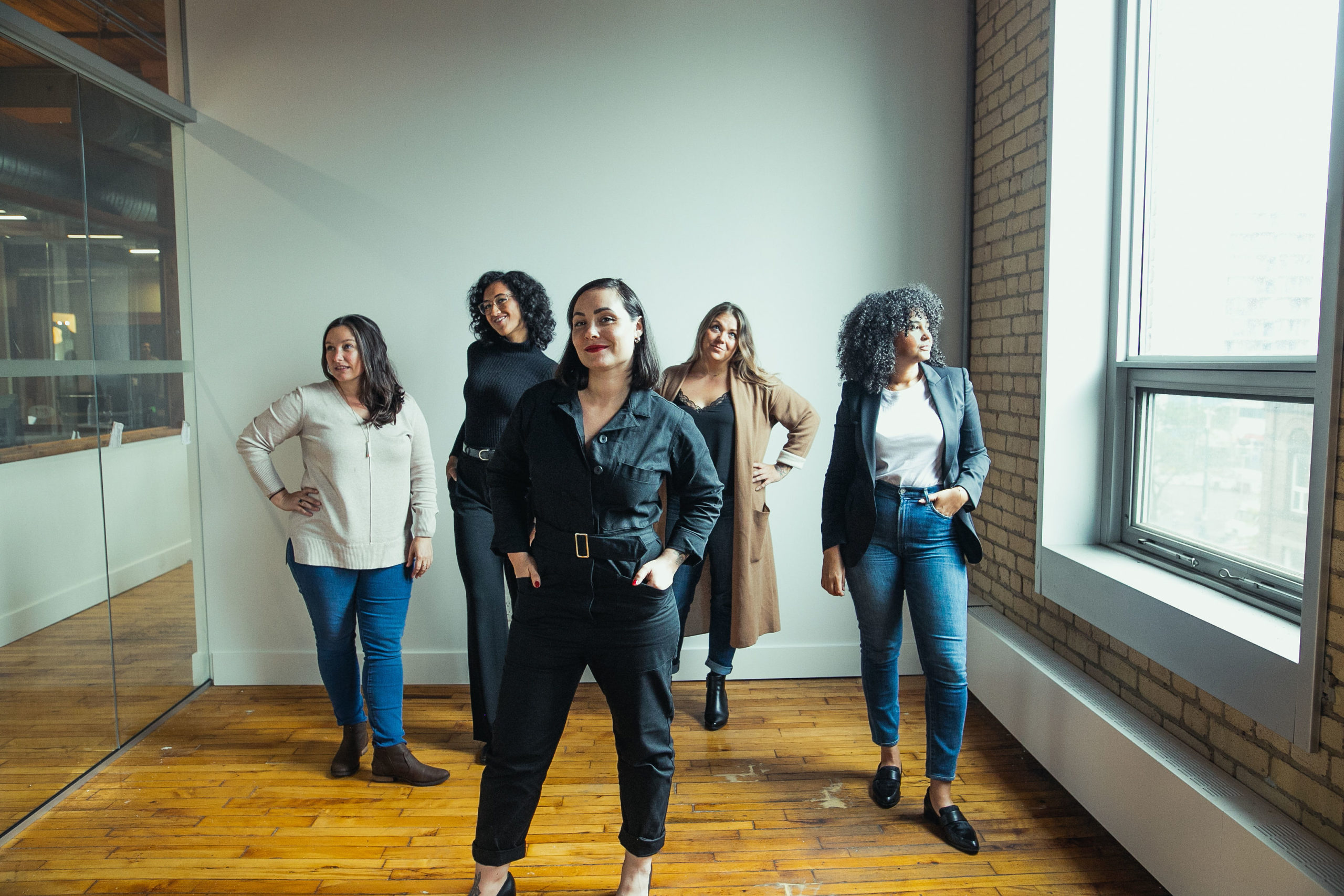[vc_row][vc_column][vc_separator][vc_column_text]It’s tough to be a business leader right now. Managers are dealing with unpredictable markets, a damaged economy, and keeping productivity and spirits as high as can be during an international crisis.
Moving to remote work is one thing, but what if the worst happens, and an employee is diagnosed with COVID-19?
Realize that this is likely to happen at some point. It’s best to have a plan in place ahead of time, as navigating a diagnosis can be an emotional experience for both employee and manager. Responding with sensitivity, humanity and emotional intelligence is key.[/vc_column_text][/vc_column][/vc_row][vc_row][vc_column][vc_custom_heading text=”Lead with kindness” font_container=”tag:h2|font_size:18|text_align:left”][vc_column_text]When an employee reveals that they have been diagnosed with COVID-19, the first thing you want to do is express sympathy and let them lead with what they need. Something like: “I can’t imagine how anxious you must feel. I’m so sorry that you’re going through this. What can I do?”[/vc_column_text][/vc_column][/vc_row][vc_row][vc_column][vc_custom_heading text=”Figure out the logistics for them” font_container=”tag:h2|font_size:18|text_align:left”][vc_column_text]You want to take the right steps to assist your employee and ensure your team is safe. The diagnosed employee is entitled to take leave and receive financial assistance from the government’s CERB program (much like parental leave). You do not have to continue their pay during this leave, but in most cases, you are not legally able to lay them off or dismiss them.
Outside of your company’s process, simply doing the research for them into government programs and providing any relevant links can be incredibly helpful. Reassure them that their role is safe, and their job right now is to get well.
Ensure your benefits are keeping pace with your needs. Make sure that your emergency contact database and life insurance paperwork is up to date. Additionally, you may want to ask your benefits provider about whether your plan covers telemedicine, video therapy, adequate drug coverage and other things that might be helpful at this time. Having to worry about additional costs is a major burden on anyone impacted by COVID-19, and their sole focus should be on getting better. [/vc_column_text][/vc_column][/vc_row][vc_row][vc_column][vc_custom_heading text=”Protect your team” font_container=”tag:h2|font_size:18|text_align:left”][vc_column_text]If they are performing an in-person role or have been in the office, it is essential that you ask the diagnosed employee for a list of any colleagues they may have been in physical proximity to in the past two weeks. Then you must notify those people that someone they’ve been in contact with has been diagnosed, and that they should be self isolating and/or tested, if they have symptoms.
Due to privacy reasons, you may not reveal the diagnosed employee’s identity, unless they give their consent or notify co-workers themselves. In the case of public facing businesses, you may have to inform the public as well. To be sure, reach out to public health for clarity. [/vc_column_text][/vc_column][/vc_row][vc_row][vc_column][vc_custom_heading text=”Stay connected” font_container=”tag:h2|font_size:18|text_align:left”][vc_column_text]Most importantly, you want to support the diagnosed employee during this difficult time. Check up on them regularly with a call, and if you can, consider doing something special for them like signing them up for a contactless meal delivery service. Ensure that they do not feel pressured to return to work until they fully recover.
If appropriate, and if they feel up to it, feel free to continue to invite them to any digital social gatherings your team might be having, like a Zoom game night. If they have consented to inform the wider team of their illness, coworkers may want to send (digital) words of encouragement or other gestures to make the person feel valued. This kind of social support can be extremely uplifting during a time where recovery means physical distance.
A COVID-19 diagnosis for one of your team members is emotionally and logistically difficult. Prepare yourself for this before it happens so that you can continue to keep going even during the hardest times.[/vc_column_text][vc_separator][/vc_column][/vc_row][vc_row][vc_column width=”1/2″][vc_single_image image=”17264″ img_size=”full”][/vc_column][vc_column width=”1/2″][vc_column_text]Nora Jenkins Townson is the founder of Bright + Early, a collective of modern HR experts building the world’s best workplaces. Nora is an unconventional HR expert with 10 years of experience in the design and technology industries, having worked at companies like FreshBooks and Wealthsimple. Nora believes that the best people strategies are human first and data informed, with a dash of design thinking.[/vc_column_text][/vc_column][/vc_row]













